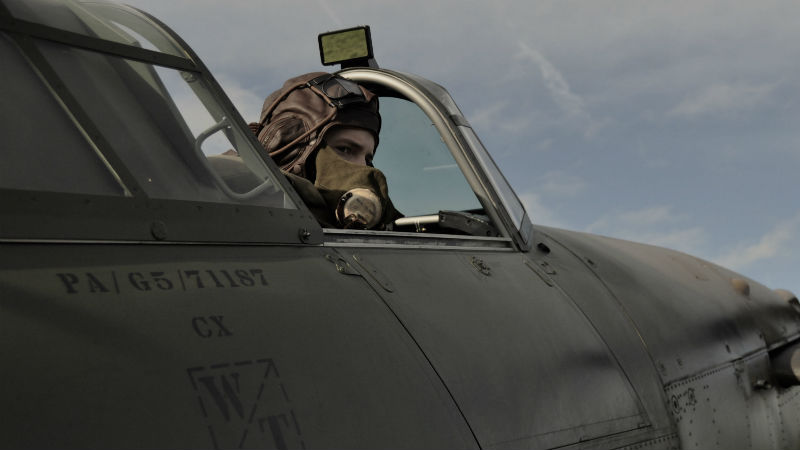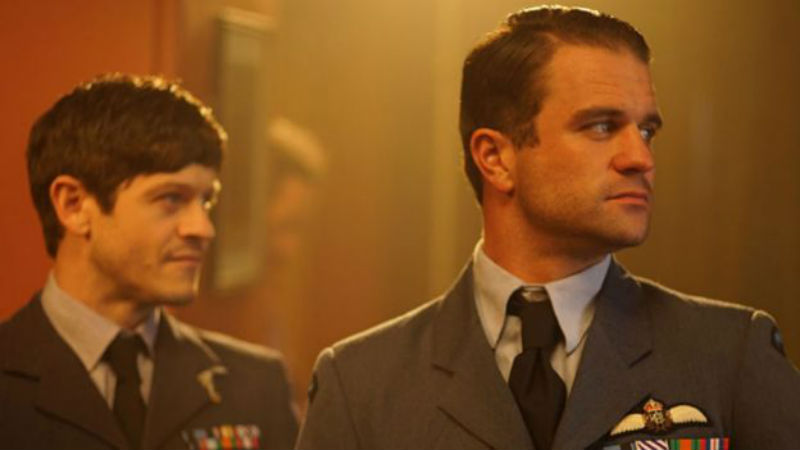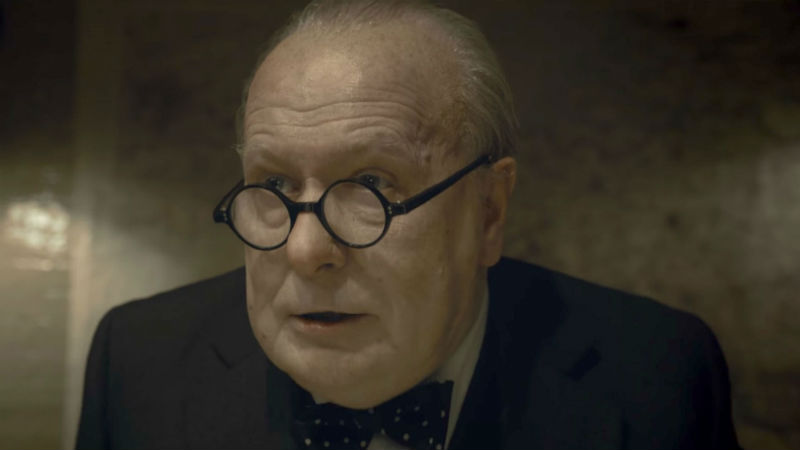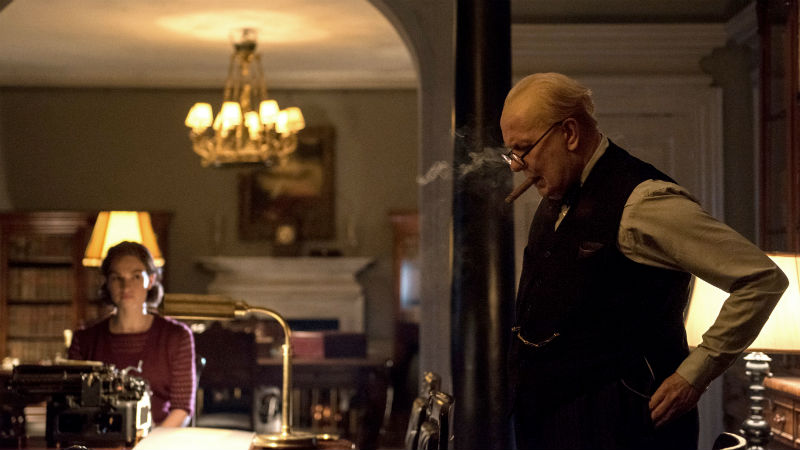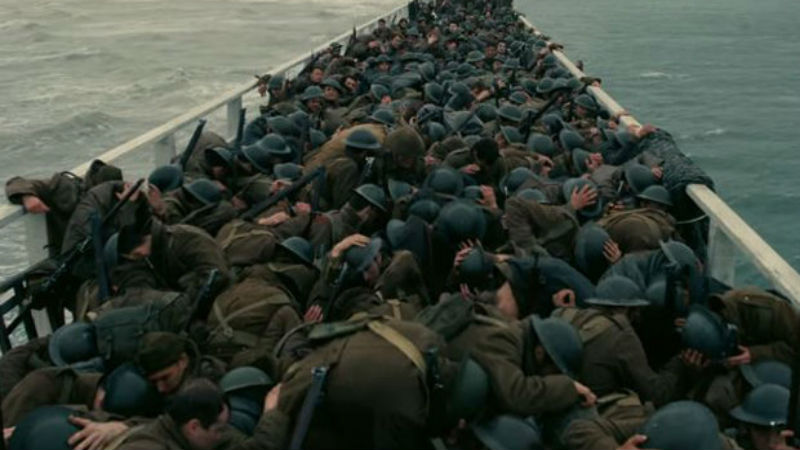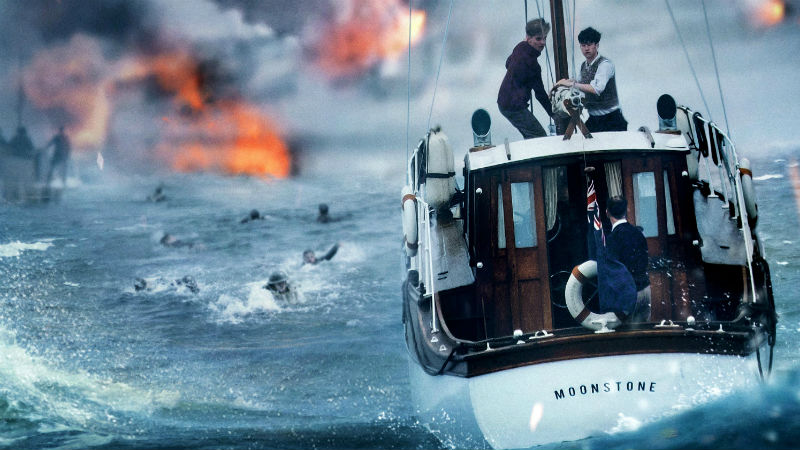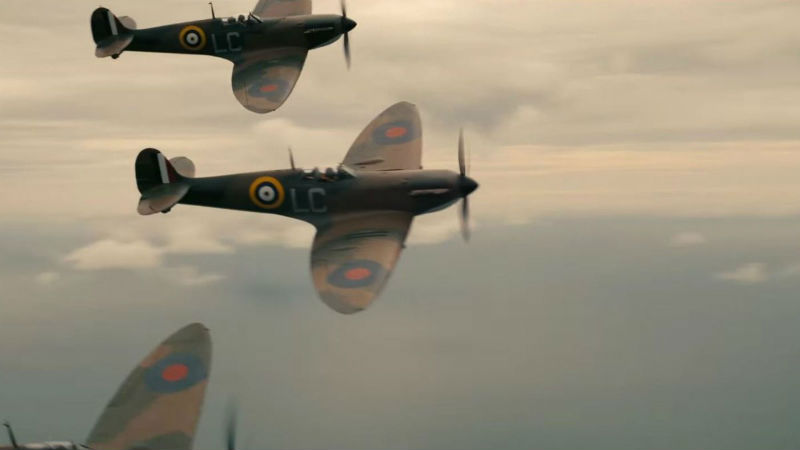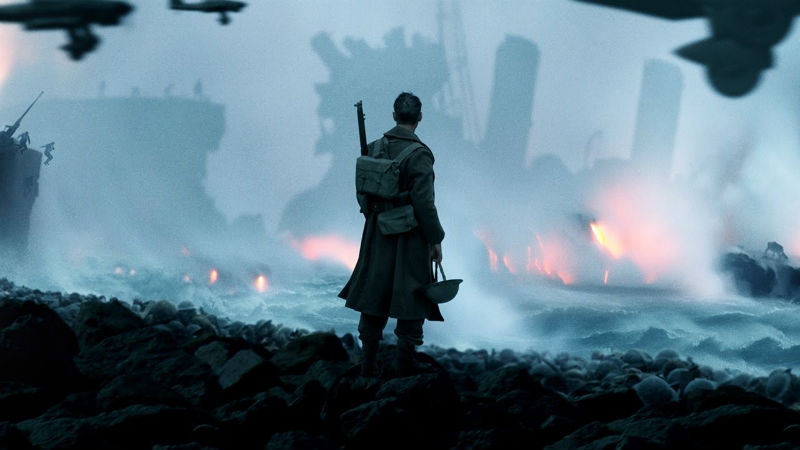[dropca]A[/dropcap]s soon as the trailer for Sam Mendes’ 1917 (2020) was released, the obvious comparisons with Christopher Nolan’s Dunkirk (2017) began. Both films were about nameless, young British men struggling to survive amongst a cacophony of bombs and bullets. Both had top-drawer British directors attached and both focused on time as a crucial factor. Only one however, cast Harry Styles. But that’s not why Dunkirk is a far better, far more enduring film than 1917.
I will be the first to admit that 1917 is a tremendous cinematic achievement. An stomach-churning, anxiety-inducing thrill ride that does not let up. The cinematography is awe-inspiring and the journey is epic. But it’s missing something that Dunkirk has in spades, which is an urgent and compelling message. Dunkirk isn’t just a war movie, but also a film about the boundaries of morality in an extreme situation. The story is not one that just depicts the visceral experience of war but the philosophical, moral confusion too.
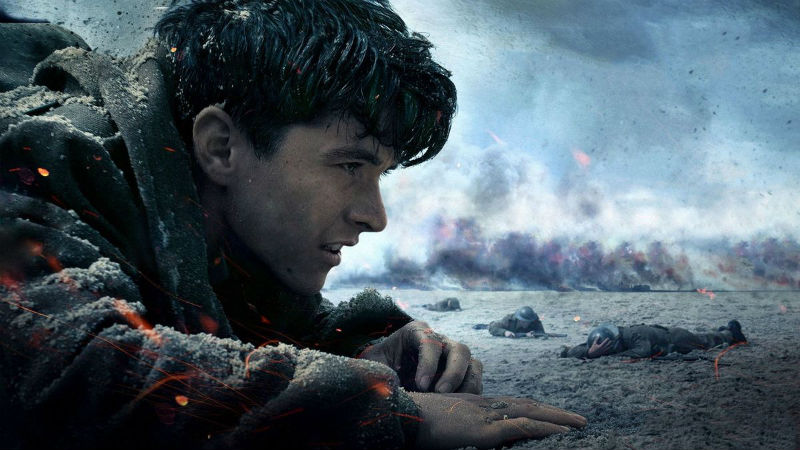
Take, for example, the scene with the young infantry hiding inside a beached trawler, waiting for the tide to help them evacuate. With the ship sinking into the water, they realise that somebody must be forced out or they will all drown. Who should they pick? It is a petrifying conundrum due to its simple lack of moral guidance. They then realise there is a Frenchman hiding in their midst. He is marked out by his accent. Should they choose him? Harry Styles certainly believes so until another soldier comes to the Frenchman’s defence. Whilst 1917 is busy chucking loud bangs and dizzying camera moves at its audience, Dunkirk sprinkles itself with moments that cut to the core of what it means to be good in times of war.
An unnamed soldier (Cillian Murphy) has seen the horrors on the beach. He is saved by a local boat, captained by Mr Dawson (Mark Rylance) and his son, George (Barry Keoghan), the shell-shocked soldier orders them to turn back home to England. Unfortunately, Mr Dawson and George want to continue, driven by what they believe is the right thing to do. This back and forth is something that is as tense as any battle scene. The soldier has to reconcile his fear of death with solidarity. What should he do? Is it ok to risk one’s life in such a way? Or is it foolish? The situation is exacerbated by the soldier’s accidental killing of George. When Mr. Dawson realises what happened, he doesn’t tell the soldier the truth. He only says that George is unconscious. It is a heartbreaking moment of empathy for the man who just killed his son.
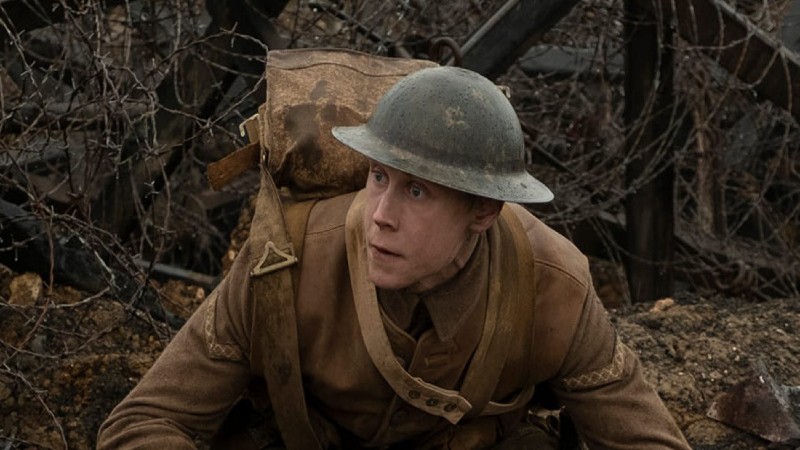
Nolan’s treatment of time is also more effective than Mendes’s. 1917’s real time storytelling is an impressive feat, always keeping you immersed in the story, but it does not possess the same scale as Dunkirk. It is confined to a duration of two hours, which isn’t enough to conjure the full-scale horror of war. Cutting between three time zones, you get a feeling of a mass-scale, all-encompassing war that permeates its environment completely. 1917 uses time in order to make you feel war. Dunkirk uses time in order to make you understand war.
1917 has some breathtaking moments. The ghostly shootout in a burning city and the final run across No Man’s Land are heart-thumping and unforgettable for their mastery of the form. But the film never made me reflect. The good guys are good and the bad guys are bad. Nolan had loftier ambitions for his film. In the last moments of Dunkirk, it is revealed that the newspapers called George a hero. George was a young boy who was killed before his boat even got to Dunkirk. His death was the result of a completely avoidable mistake. His death didn’t help save anybody or serve to help people suffer less. Yet he is heralded as a hero. It is a poignant reminder of how we, as a society, justify arbitrary suffering.
1917 is a powerful reminder of how terrifying war might be, but it won’t be remembered in the same way Dunkirk will. Nolan’s film raises far more profound philosophical and moral questions.
The stills at the top and in the middle are from ‘Dunkirk’, while the picture on the bottom of this artcile if from ‘1917’









